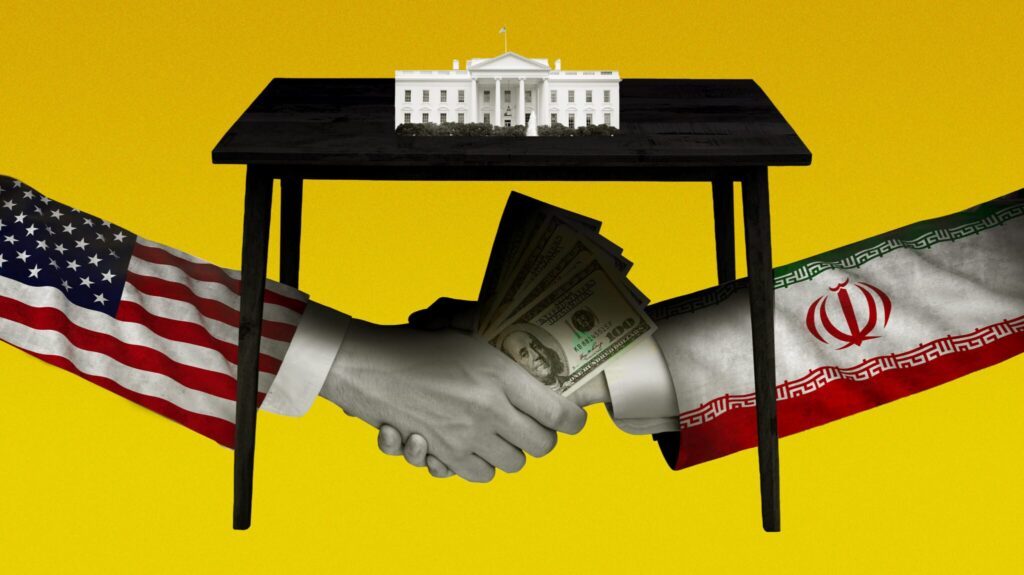Washington, D.C. | June 30, 2025 — In a significant diplomatic shift, the United States has initiated discussions on potentially unfreezing billions of dollars in Iranian assets held abroad and gradually easing economic sanctions, amid growing international pressure to de-escalate tensions in the Middle East and revive stalled nuclear diplomacy.
According to senior U.S. officials, the Biden administration is quietly exploring mechanisms to release up to $10 billion in Iranian oil revenues, currently frozen in foreign banks, particularly in countries like Iraq, South Korea, and Japan. The move comes as part of a broader strategy to encourage Iran to reduce its uranium enrichment levels and cooperate more fully with the International Atomic Energy Agency (IAEA).
Background: Tensions and Nuclear Risks
This policy pivot follows months of heightened confrontation between Iran and the West, particularly after Israel’s recent military strikes and Iran’s retaliatory missile launches across the region. With regional allies urging restraint, the U.S. appears to be adopting a two-pronged strategy: contain Iran militarily while opening diplomatic and economic doors.
National Security Advisor Jake Sullivan stated, “We believe diplomacy must be given a renewed chance. The Iranian people are not our enemy, and humanitarian channels must be prioritized.”
Possible Path to Sanction Relief
The Biden administration is reportedly considering a phased rollback of sanctions, including those targeting:
- Iranian oil exports
- Central Bank of Iran
- SWIFT banking restrictions
- Industrial sectors such as steel and petrochemicals
While no official commitments have been made, insiders say Washington might permit limited oil sales under strict supervision through European and Asian intermediaries.
A senior Treasury Department official, speaking anonymously, added: “There is an appetite in the administration to distinguish between hardline elements and the civilian economy in Iran. Easing pressure could empower moderates and restore balance in the region.”
Republican Backlash and Israeli Concerns
The move has drawn swift condemnation from Republican lawmakers, with Senator Tom Cotton (R-AR) warning that any sanction relief without full denuclearization would “embolden Tehran and threaten Israel’s security.”
Meanwhile, Israeli Prime Minister Eli Barak issued a strong statement against the proposal: “Any unfreezing of Iranian assets will directly translate into Hezbollah rockets and proxy wars. This is unacceptable.”
Iran’s Response: “A Step Toward Justice”
Iranian Foreign Ministry spokesperson Nasser Kanaani welcomed the news, saying: “Unfreezing our nation’s rightful money and lifting illegal sanctions is not a concession—it is a legal and moral obligation of the United States.”
Tehran maintains that the U.S. must first “undo the economic terrorism” before any trust can be rebuilt around the nuclear file.
Global Implications
This development has been cautiously welcomed by the European Union and the United Nations. Josep Borrell, EU’s foreign policy chief, called it “a constructive overture that could reduce nuclear risk and save lives across the Middle East.”
If successful, the new U.S. approach could open the door to a revival of the 2015 Joint Comprehensive Plan of Action (JCPOA), from which the U.S. withdrew in 2018 under President Trump.
Next Steps
- Bilateral meetings are expected between U.S. and Iranian diplomats in Oman and Vienna.
- A proposed Swiss humanitarian channel for food and medicine may be revived.
- U.S. Congress may be briefed in closed-door sessions next week.
Analysis:
The U.S. administration appears to be taking a calculated risk, betting that economic incentives may succeed where military deterrence has failed. However, with domestic political resistance and regional volatility, the road to a diplomatic breakthrough with Iran remains precarious.
Reporting by: Global Affairs Desk, Digital World News
Source references: U.S. State Department, Reuters, Al Jazeera, The Jerusalem Post, PressTV

